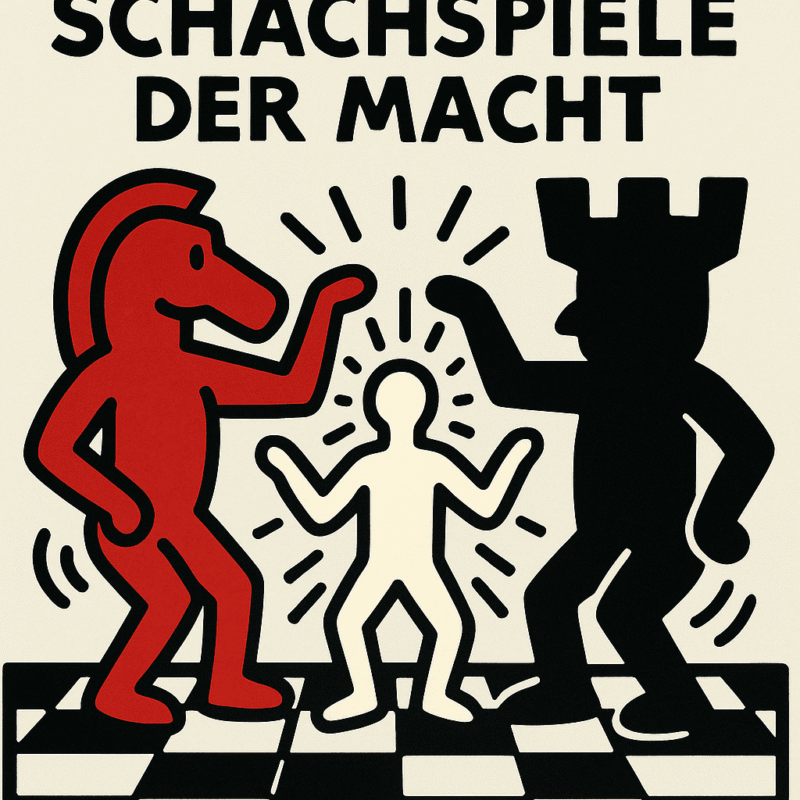The terms “smart car” and “mobile gulag” describe contrasting perspectives on modern vehicles equipped with advanced technology and connectivity. Let’s explore each concept in more detail.
Smart Car
Definition: A smart car is a vehicle that incorporates advanced technologies to enhance driving experience, safety, efficiency, and connectivity. This can include features such as autonomous driving capability, connectivity with other devices, and integration with smart home systems.
Features:
- Connected Technology: Smart cars often come with features like GPS navigation, Bluetooth connectivity for hands-free communication, and smartphone integration (e.g., Apple CarPlay, Android Auto).
- Safety Features: Advanced driver-assistance systems (ADAS) such as adaptive cruise control, lane-keeping assist, automatic emergency braking, and parking assistance.
- Autonomous Capabilities: Some smart cars can drive themselves or assist with driving tasks, reducing the burden on the driver.
- Telematics: Real-time data about vehicle performance, fuel efficiency, and maintenance needs can be monitored and reported.
- Entertainment Systems: In-car entertainment systems can provide music, internet access, and streaming services.
Advantages:
- Enhanced safety features can reduce the risk of accidents.
- Increased convenience through connectivity and automation.
- Improved fuel efficiency and maintenance management.
Challenges/Concerns:
- Privacy concerns related to data collection and sharing.
- Potential for cybersecurity vulnerabilities.
- Overreliance on technology might lead to complacency in driving skills.
Mobile Gulag
Definition: The term “mobile gulag” is often used metaphorically to describe how advanced connected vehicles can feel confining or oppressive due to pervasive monitoring, surveillance, and restrictions often imposed by the vehicle’s technology and its data-centric nature.
Features:
- Invasive Surveillance: Constant tracking of location, driving behavior, and personal information through built-in systems and telematics.
- Limited Autonomy: Overly automated features that may limit the driver’s ability to make independent decisions (e.g., cars dictating driving behavior).
- Data Exploitation: Concerns about personal data being sold or used in ways that the driver did not consent to.
- Control by External Entities: Potential third-party control or influence over vehicle operations and software updates that may not align with the owner’s preferences.
Disadvantages:
- Feelings of a loss of privacy and freedom while driving.
- Concerns about being constantly monitored and having data potentially misused.
- Overreliance on technology can reduce personal agency.
Conclusion
The juxtaposition of “smart car” and “mobile gulag” reflects a broader dialogue about the implications of technology in our daily lives, particularly concerning safety, privacy, and autonomy. While smart cars offer advancements that can enhance the driving experience, the metaphor of a mobile gulag brings forth important concerns about surveillance, privacy erosion, and potential loss of agency.
As with smart homes, the key lies in balancing the benefits of intelligent technology with the need for personal autonomy and privacy.
It’s essential for consumers to be aware of how their vehicles collect and use data and to take steps to protect their information and maintain a sense of control over their driving experience.





